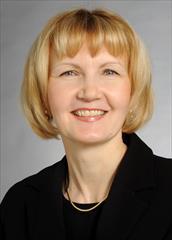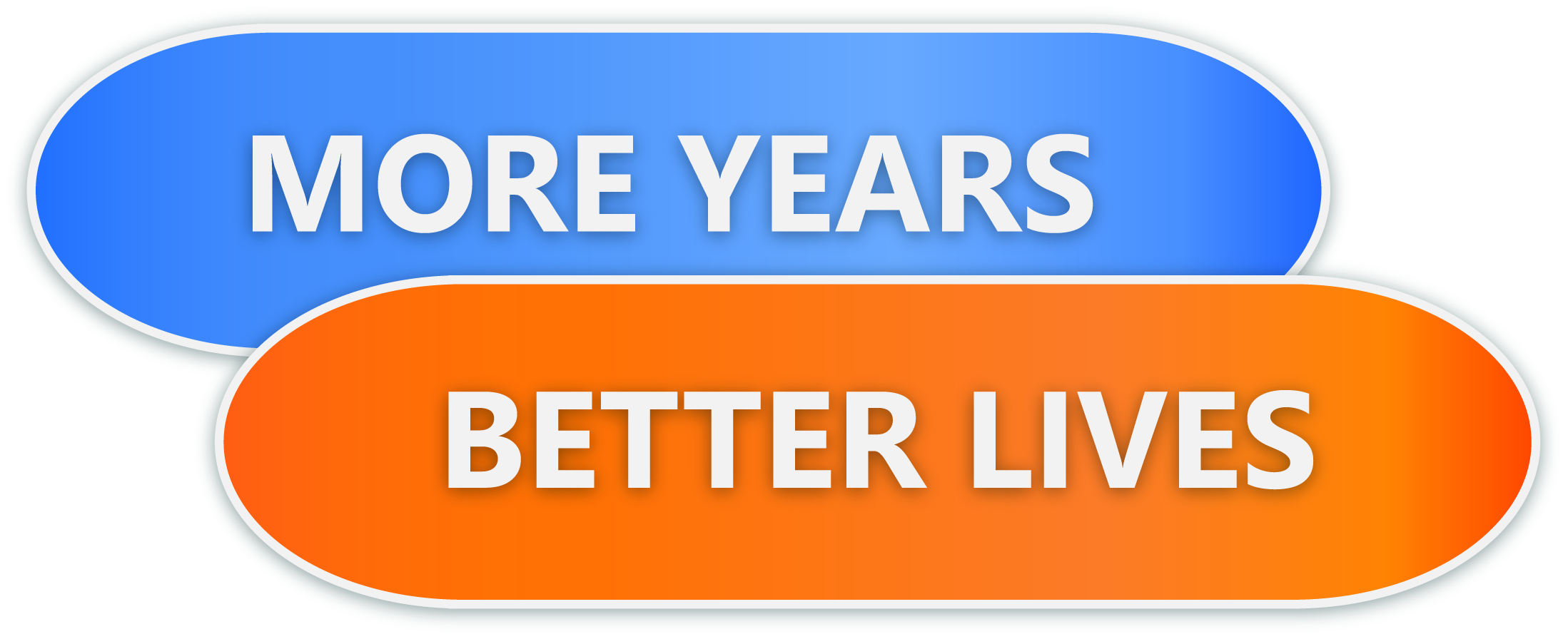University of Eastern Finland
School of Educational Sciences and Psychology.
UEF is a multidisciplinary university, which offers teaching in more than 100 major subjects. UEF is one of the largest universities in Finland, and home to approximately 15,000 students and 2,800 members of staff. The School of Educational Sciences and Psychology at UEF combines the expertise of adult education, education, special pedagogy, psychology and counselling in teaching and research. In 2017, the school had over 1000 students and 47 staff members. The school is an important social expert, operator and developer regionally, nationally and internationally. University lecturer, Ph.D. Kaisa Pihlainen and Professor, Ph.D. Eija Kärnä from UEF are working in ACCESS.

Name:
E-Mail:
City:
Address:
Â
Eija Kärnä
eija.karna(at)uef.fi
FI-80101 Joensuu
P.O. Box 111
Â

Name:
E-Mail:
City:
Address:
Â
Kaisa Pihlainen
kaisa.pihlainen(at)uef.fi
FI-80101 Joensuu
P.O. Box 111
Â
Contribution to ACCESS
The role of UEF in ACCESS is to carry out activities of WP 7, which aims at collecting national information on the circumstances and factors influencing the active and efficient learning of digital skills of older adults in Finland. A particular interest is on scrutinizing different models of organizing the learning situations, such as senior to senior approach and to formulate a model to support the learning of digital skills of older adults in non-formal learning environments. Learning of older adults will also be investigated from the viewpoints of different educational approaches such as pedagogy, andragogy, and social learning.
In addition, UEF coordinates WP 9 that will synthesize the results and outcomes of WP1-WP8. The results of WP1, the policies and structures of service provision for older adults and WP2 (existing learning models of older people) will be combined and elaborated further on the basis of the findings and outcomes of national studies WP3-WP8. The synthesis created in WP 9 will introduce recommendations and models how the learning processes of older adults can be supported to acquire digital literacy and appropriation of ICT.

